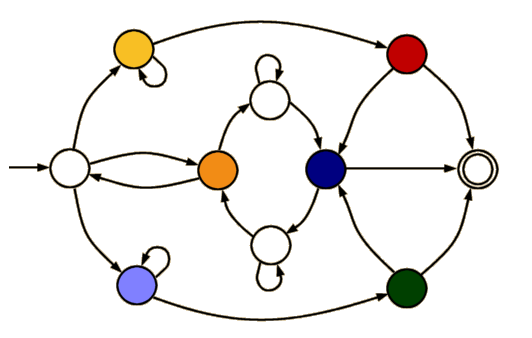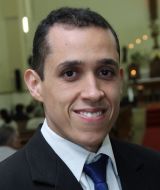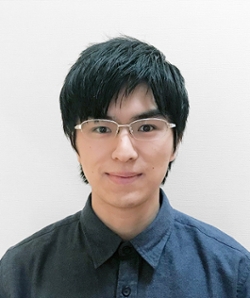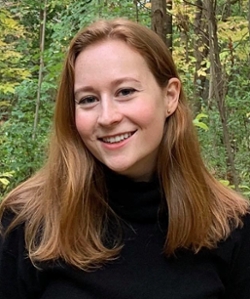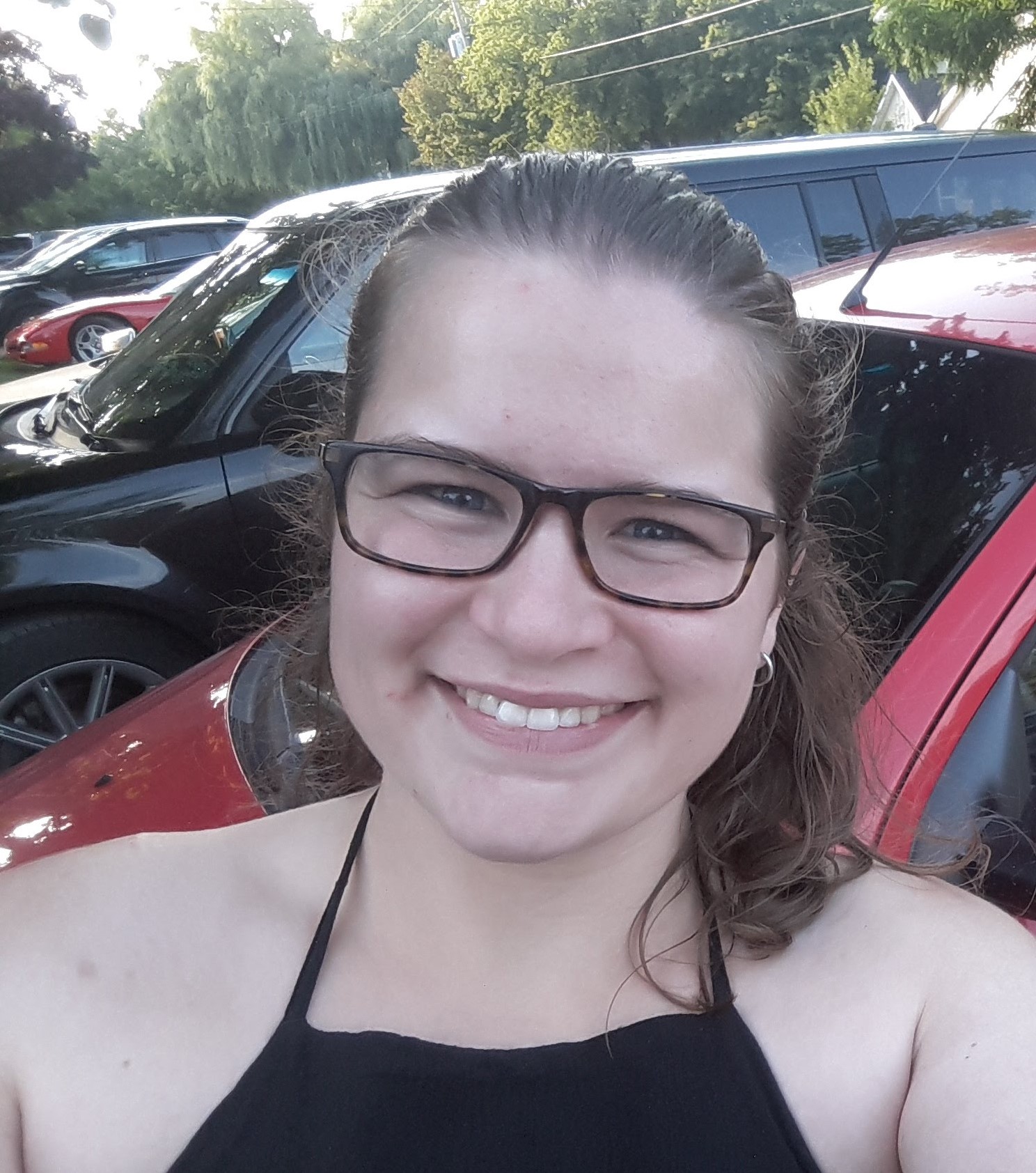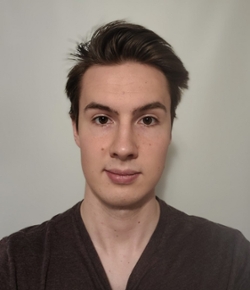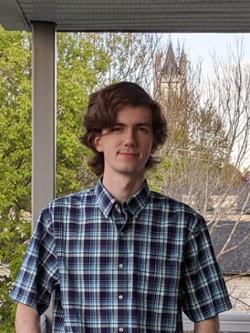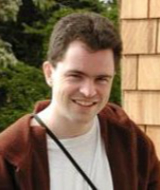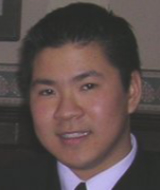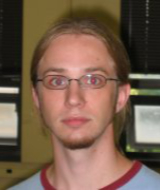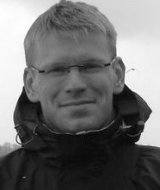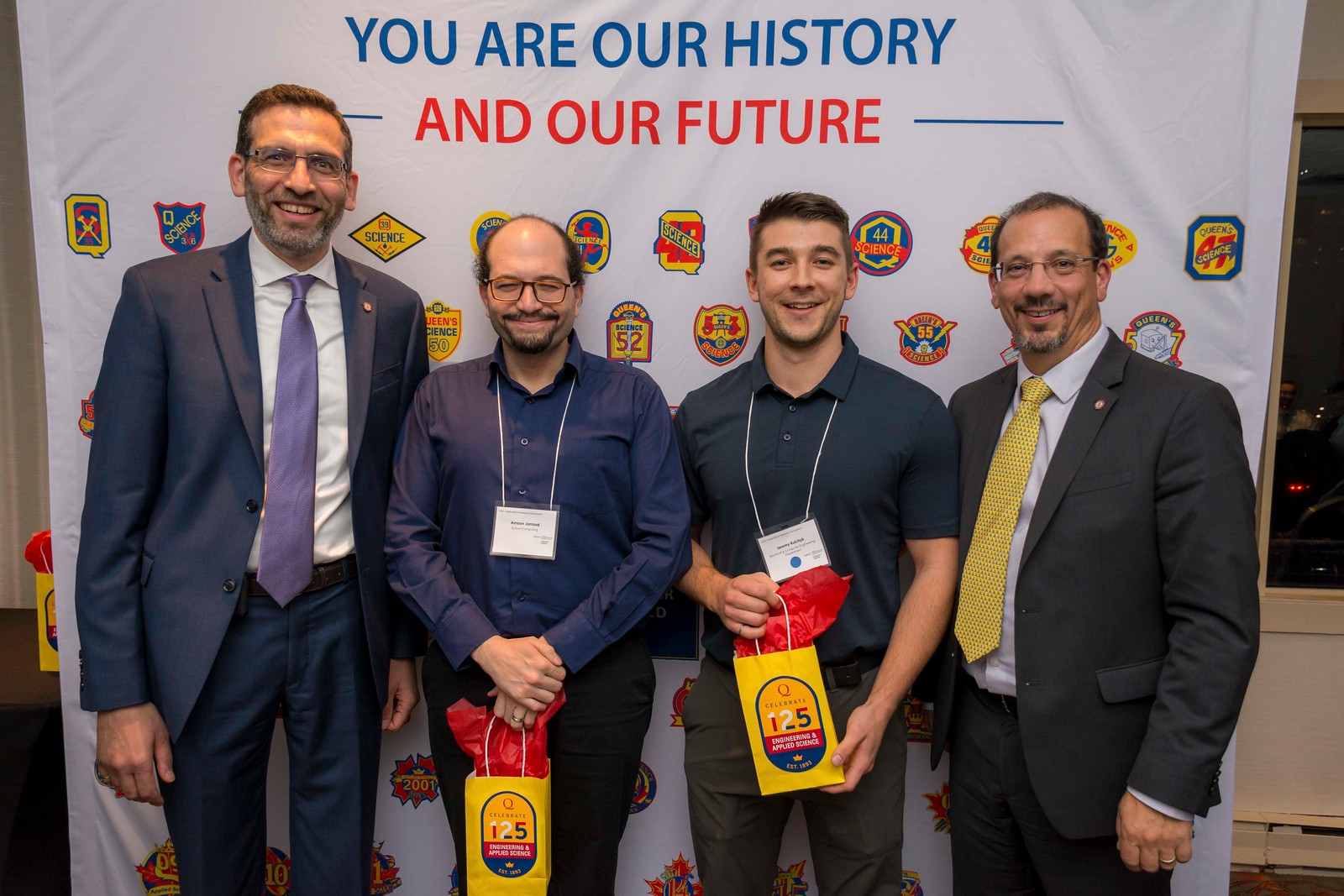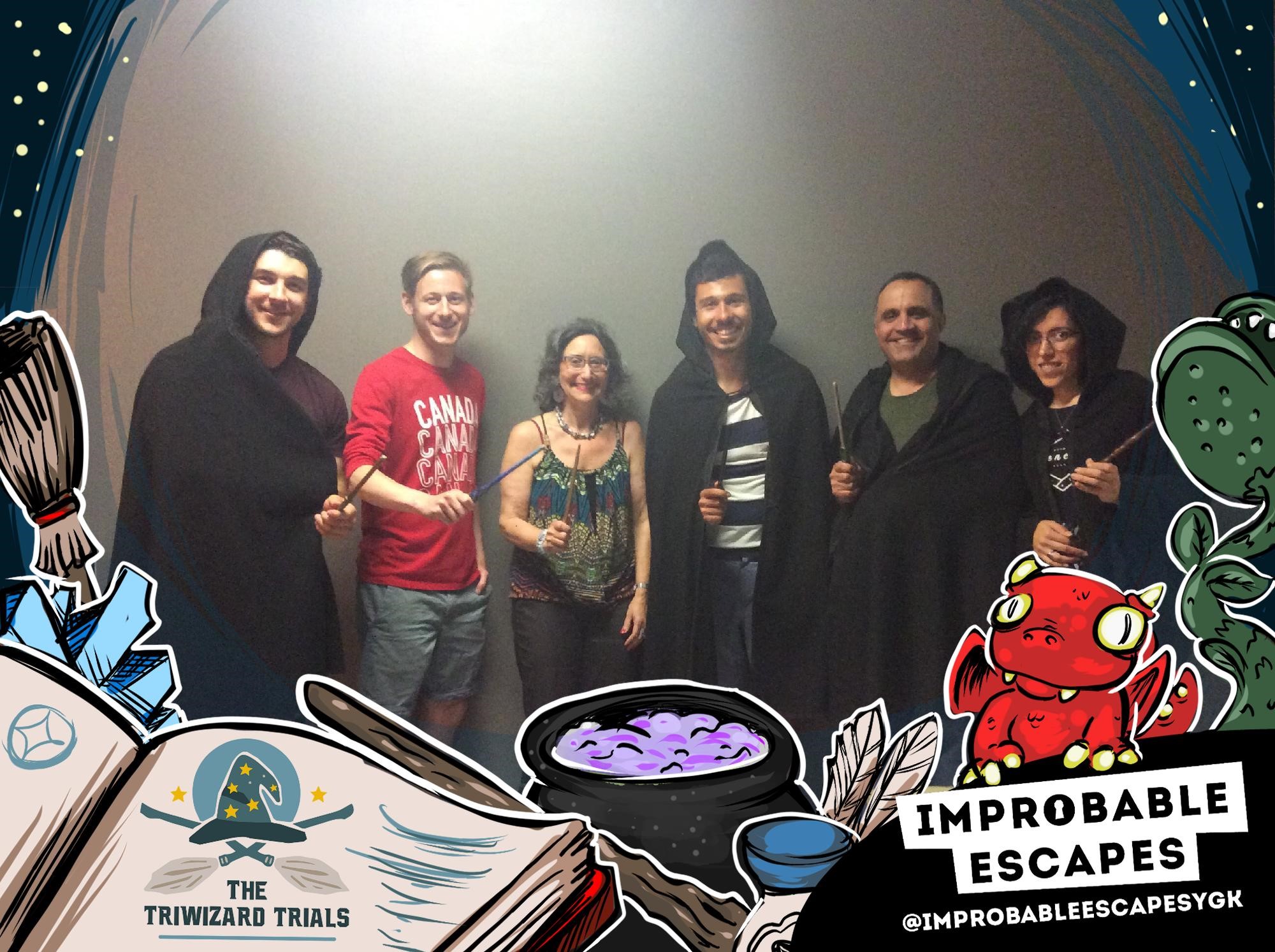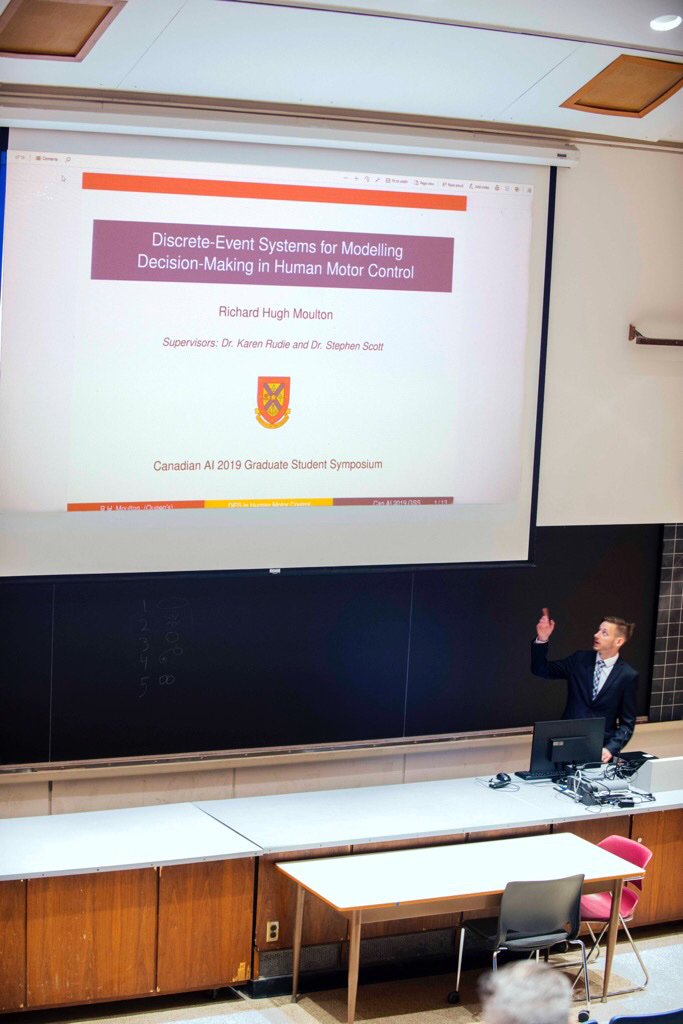 |
| Zahra Abedi Khouzani |
|
17zak1(a)queensu.ca |
- M.A.Sc. student in the Department of Electrical and Computer Engineering at Queen's University (2017-2019)
- Received B.Sc. in Electrical Engineering from Isfahan University of Technology (2017)
- Research Interests: Opacity of Discrete Event Systems
|
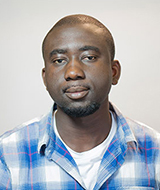 |
| Francis Atampore |
|
atampore(a)cs.queensu.ca |
- Completed Ph.D. in the School of Computing at Queen's University, Canada, 2017. Co-supervised by Dr. Juergen Dingel and Dr. Karen Rudie.
- Received M.Sc. in Computer Science from Brock University, Canada (August, 2012).
- Received bachelor's degree in Computer Science and Mathematics from University of Ghana (June, 2009).
- Research interest: Service-oriented computing, automated service and API composition, supervisory control of DES, software synthesis, formal methods and real-time systems.
|
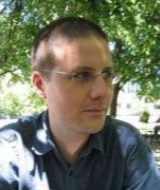 |
| Anthony Auer |
|
ay ay you ee are(a)cs.queensu.ca |
- Vice President, Debt Products, BMO Capital Markets, 2010 - Present.
- Completed M.Sc. in the School of Computing at Queen's University in May, 2010.
- Received Bachelor of Science in Engineering (Engineering Physics) from Queen's University in 2001.
- Was Co-Founder and CTO of MediaShell Corporation, 2000-2001.
- Worked as a Senior Consultant at CGI Group Inc., 2002-2007.
|
 |
| Behnam Behinaein |
|
9hbb(a)queensu.ca |
- Postdoctoral Fellow, Queen's University in Electrical and Computer Engineering (2017-18).
- Received Ph.D. from Queen's University in Electrical and Computer Engineering (2016).
- Received M.Sc. from Isfahan University of Technology in Electrical Engineering.
- Received B.Sc. from Iran University of Science and Technology in Electrical Engineering
- Research interests: Opacity of Discrete-Event Systems, systems biology, complex systems, application of graph and network theory in biology, dynamical modeling of biological systems, application of Petri nets in biology.
|
 |
| Stephane Blouin |
|
stephane.blouin (a) drdc-rddc.gc.ca |
| (902) 426-3100 x216 |
|
|
- Received Ph.D. from Queen's University, Department of Chemical Engineering, 2003
- Thesis Title: Finite-state Machine Abstractions of Continuous Systems.
- Received M.Sc. from Ecole Polytechnique, Department of Electrical Engineering, 1998
- Received B.Sc. from Laval University, Department of Mechanical Engineering, 1992
- Current Status: Defence Scientist in Underwater Surveillance and Communications at DRDC, Atlantic Research Centre.
- Adjunct Faculty (Process Engineering and Applied Science) at Dalhousie University.
|
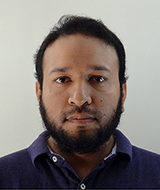 |
| Md Tawhid Bin Waez |
|
waez(a)cs.queensu.ca |
- Tawhid, a Research Engineer in Ford Motor Company, USA, leads formal methods related global research activities of Ford R&AE. He has been leading a project of 34 researchers and engineers of Ford to ensure automotive functional safety standard ISO-26262 compliant product development at the software-level.
- He received his PhD in Computer Science from Queen's University, Canada in 2015 under the supervision of Prof. Karen Rudie, Dept. of Electrical and Computer Engineering and Prof. Juergen Dingel, Queen's School of Computing. A Model for Hierarchical Open Real-Time Systems was the title of his PhD Thesis.
- He received his M.Sc. in Computer Science from Bishop's University, Canada in 2009 under the supervision of Prof. Stefan Bruda.
- He received his B.Sc. in Computer Science from North South University, Bangladesh in 2005.
- His research interests include formal methods, functional safety standards, DES control theory, game theory, formal languages, and requirement engineering.
|
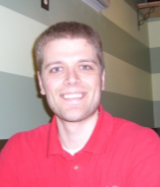 |
| Christopher Dragert |
|
christopher.dragert(a)ubisoft.com |
- Received M.Sc. in Computer Science from Queen's University, Sept. 2008.
- Thesis Title: Generation of Concurrency Controls using Discrete-Event Systems.
- Current Status: Ph.D. candidate in the School of Computing at McGill University in Montréal, Canada, researching software development of AI in digital computers, AI Developer for Ubisoft, located in Toronto, Canada.
|
 |
- Received Ph.D. in Computer Science from Queen's University in 2009.
- Received MSc. in Computer Science from Queen's University in 2004 and BSc. in Computer Science from Masaryk University, Czech Rep. in 2001.
- Research interests include: control of time-varying discrete-event systems, knowledge extraction from discrete-event systems, information representation for humans, human-computer interaction, and others.
- Work experience: Instructor, Software Developer, Web Designer and Developer, Computer Technician, Layout Editor, and others.
|
 |
- Current Status: Applications Developer at Fibics in Ottawa, Ontario.
- M.Sc.Eng., Queen's University, Electrical and Computer Engineering, 2005
- Thesis Title: Application, Implementation and Integration of Discrete-Event Systems Control Theory.
- B.Sc.Eng., Queen's University, Electrical and Computer Engineering, 2003.
|
 |
| Tun Hu |
|
tunhu(a)site.uottawa.ca |
| (613) 721-8688 |
|
|
- Thesis Title: Communication States in Decentralized Discrete-Event Systems.
- Received M.Sc. from Queen's University, Department of Electrical and Computer Engineering, May 2002.
- Current Status: Ph.D. candidate in School of Information Technology and Engineering in University of Ottawa.
|
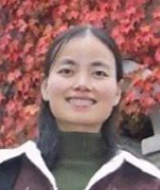 |
| Ying Huang |
|
ying(a)ee.queensu.ca |
- Received M.Sc. (Eng.) from Queen's University, Department of Electrical and Computer Engineering, 2005.
- Received B.Eng. in Electrical Engineering from Jinan University, P.R.China, in July, 1994.
|
 |
| Jeremy Kulchyk |
|
jeremy.kulchyk(a)queensu.ca |
- Currently employed full-time at MDA (Brampton - Robotics & Space Operations) as an Intermediate Member of Technical Staff in the Guidance, Navigation, and Control Group.
- Received M.A.Sc. in Electrical and Computer Engineering at Queen's University (2021); Thesis titled "Security by Design: Reducing Information Exchange in Multi-Agent Search Tasks"
- Received B.A.Sc. in Applied Mathematics with a focus on Systems and Robotics from Queen's University (Sci'18)
- Research Interests: Discrete-Event Systems, Robotics, Multi-Agent Systems, Wearables & IoT, Computer Vision, NLP.
|
| |
- Member of DES lab, 1995-2000.
- Received Ph.D. from Queen's University, 2004.
- Thesis title: Viability of Hybrid Systems.
|
| |
- Postdoctoral researcher in DES lab, 2001-2002.
- Project Title: Intelligent Optimization of Industrial Operations (IO2).
- Co-supervised by Prof. Martin Guay (Chemical Engineering).
- Funded by Precarn Associates, Inc Joint Project with Hatch Associates Ltd., National Research Council, Syncrude Canada, University of British Columbia, University of Alberta, and Wenco International Mining Systems.
|
 |
| Shaowu Luo |
|
sluo(a)nortel.com |
| (613) 967-5000 (ext. 3418) |
|
|
- Thesis Title: A Systematic Method to Analyze Cryptographic Protocols using Discrete-Event Systems.
- Received M.Sc. from Queen's University, Department of Electrical and Computer Engineering, September 1999
- Current Status: Employed by Nortel Networks.
|
| |
| Arezou Mohammadi |
|
arezoum(a)cs.queensu.ca |
- Thesis Title: Sequences that Lead to Failure in Decentralized Supervisory Control.
- Received M.Sc. from Queen's University, Department of Electrical and Computer Engineering, 2003.
|
| |
- Thesis Title: Matrix-Based Algorithms and an Analysis of System Structure for Partially-Observable Discrete-Event Systems.
- Received M.Sc. from Queen's University, Department of Electrical and Computer Engineering, 1997.
|
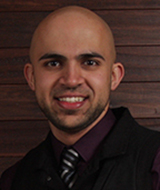 |
| Usman Raza |
|
usman.raza(a)queensu.ca |
- Was candidate for M.Sc in Electrical and Computer Engineering (Biomedical Engineering specialization), Queen's University, Canada.
- Received Bachelor's degree in Electronics and Computer Engineering from Queen's University in 2013.
- Research interests: Machine learning, data mining, predictive analysis.
- Current Position: Platform Engineer, Stitch Fix, San Francisco
|
| |
- Received Ph.D. from Queen's University, Department of Computing and Information Science, 1999.
- Thesis Title: Knowledge and communication in decentralized discrete-event control.
|
 |
| Iakov Romanovski |
|
yasha(a)chee.queensu.ca |
| (613) 533-2718 |
|
|
- Postdoctoral researcher in DES lab, 2003.
- Project Title: Hybrid Modeling for Real-Time Control of Flexible Manufacturing Systems.
- Co-supervised by Prof. Martin Guay and Prof. Jim McLellan (Chemical Engineering).
- Funded by Centre for Automotive Materials and Manufacturing and General Motors.
|
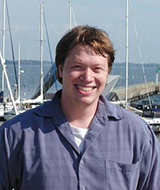 |
| David Sears |
|
sears(a)cs.queensu.ca |
- Received Ph.D. in the School of Computing at Queen's University, 2018.
- Received M.Sc. from the School of Computing at Queen's University in June, 2011.
- Received Bachelor of Computing (Software Design) from the School of Computing at Queen's University in June, 2008.
- Honours: Recipient of the Distinguished Masters Thesis Award from the School of Computing in April, 2011.
- Work Experience: Held teaching assistant positions in 2008, 2010 - 2012 and 2014 at the School of Computing. Held full-time positions in Software Quality Assurance at Alcatel-Lucent from 2008 - 2009 and BlackBerry Limited from 2006 - 2007.
- Research interests: Supervisory control of DES, fault diagnosis of DES, formal languages and automata theory.
- Current Position: Sofware Engineer, Rogue Wave
|
 |
| Swapan Sikdar |
|
0ss38(a)cs.queensu.ca |
- Swapan explores allocations designs in centralized and decentralized settings. One of his current investigations concerns design of allocation queues in which participating agents self-select the queue to join. Another of his investigation considers using a multi-attribute utility function in allocation design.
- Received Ph.D. in Electrical and Computer Engineering from Queen's University, Canada in 2016.
- Received MASc. in Electrical and Computer Engineering from Ryerson University, Canada in 2009.
- Received Bachelor's degree in Electronics and Communication Engineering from Indian Institute of Technology, Roorkee (previously known as University of Roorkee), India in 1978.
- Research interests include Systems Modeling, Requirements Modeling and Adaptive Systems.
- Shown here with his son, Sailesh, on a July night by Lake Simcoe hoping to catch a glimpse of Northern Lights.
|
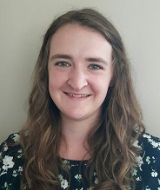 |
| Victoria Tolls |
|
victoria.tolls(a)queensu.ca |
- Completed her MSc at Queen's University School of Computing (Co-supervised by Dr. David Maslove, Dr. Karen Rudie, Dr. Evelyn Morin) in 2018.
- Recipient of the ACM SIGHPC/Intel Computational & Data Science Fellowship (2016 & 2017).
- Received Honours BSc in Bioinformatics with distinction from Carleton University in 2016.
- Research Interests: data visualization, biomedical informatics, bioinformatics, time-series analysis, machine learning, complex & big data
|
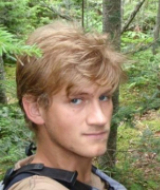 |
| Creag Winacott |
|
creag(a)cs.queensu.ca |
- Completed M.Sc. in the Department of Computer Science at Queen's University, 2011.
- Received Bachelor of Computer Science (Cognitive Science) from Queen's University in June, 2007.
|
| |
| Sarah-Jane Whittaker |
|
sarah(a)cs.queensu.ca |
- Co-founded GoSaBe Development and Design, a software and web development firm based in Kingston, Ontario, in 2011.
- Received her Ph.D. from the department of Computer Science at Queen's University in 2011; she was co-supervised by James McLellan in the Department of Chemical Engineering and her thesis was titled "Augmenting Petri Nets to Model Health-Care Protocols".
- Received her M.Sc. from the department of Computer Science at Queen's University in 2005.
- Received her Bachelor of Computer Science (Software) and Minor in Mathematics from Carleton University in 2003.
- Held co-op positions at Rational Software Corp., Entrust Technologies Ltd. and New Paradigm Technologies Inc.
|
